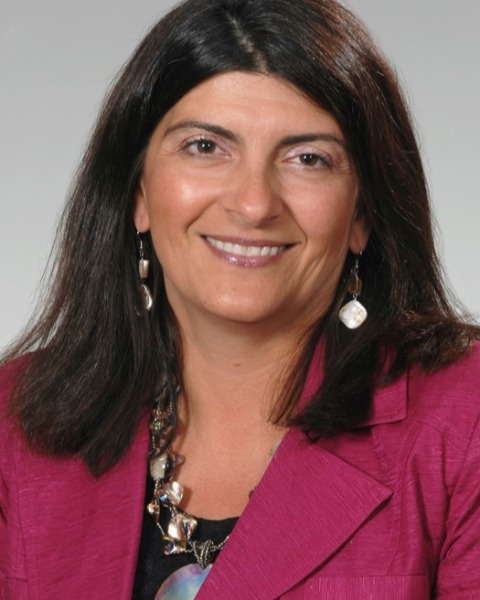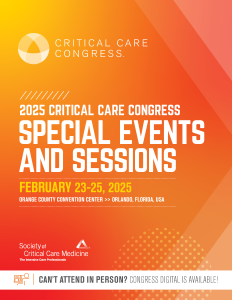Quality & Patient Safety
Research Snapshot Theater: Quality and Patient Safety, Adult IV
(1295) Improving Patient Safety With a Proactive Approach to Clinical Deterioration
Monday, February 24, 2025
9:00am - 10:00am Eastern Time
Location: Connections Central - RST 13

Fiona A. Winterbottom, CCRN, CNS, DNP, MSN (she/her/hers)
Ochsner Medical Center
Mandeville, Louisiana, USA
First Author(s)
Introduction: This session will describe implementation of a proactive rounding nursing team to reduce clinical deterioration using Epic tools. We will provide exemplars of implementation at academic and community facilities. We will demonstrate process and outcome measurement for return on investment.
Methods: We developed a proactive staffing model using artificial intelligence and predictive models to risk-stratify patients who were likely to clinically deteriorate in the next 24 hours. Proactive rounding teams were able to review and adjudicate alerts to determine which patients needed detailed clinical review and a proactive rounding visit at the bedside. We developed and branded smart notes to capture key data elements of documentation and to track events for productivity and outcomes
Results: The academic facility saw a 65% decrease in cardiac arrests outside the ICU, a 27% decrease of cardiac arrests inside the ICU, a 4.7% decrease in patients admitted to the ICU from inpatient beds, and a 27% reduction in the risk-adjusted mortality index for patients with expert proactive rounding encounters. Community facilities saw similar effects. Fiscal impact of the program demonstrated a return on investment in each facility. The proactive rounding program has improved work and workflows of staff by providing a non-threatening proactive mechanism to address patients at risk of clinical deterioration. This program provides support for novice staff who lack confidence in clinical judgement. There is support and extra help for urgent clinical interventions, as well as just-in time coaching. This helps decrease moral distress and burnout.
Conclusions: This proactive approach also improved staff support, standardized practices, and enhanced penetration of clinical changes into routine patient care. Staff across the hospital felt supported by the proactive rounding team. This is demonstrated by the increasing number of consults to the proactive rounding teams by inter-professional staff.
Methods: We developed a proactive staffing model using artificial intelligence and predictive models to risk-stratify patients who were likely to clinically deteriorate in the next 24 hours. Proactive rounding teams were able to review and adjudicate alerts to determine which patients needed detailed clinical review and a proactive rounding visit at the bedside. We developed and branded smart notes to capture key data elements of documentation and to track events for productivity and outcomes
Results: The academic facility saw a 65% decrease in cardiac arrests outside the ICU, a 27% decrease of cardiac arrests inside the ICU, a 4.7% decrease in patients admitted to the ICU from inpatient beds, and a 27% reduction in the risk-adjusted mortality index for patients with expert proactive rounding encounters. Community facilities saw similar effects. Fiscal impact of the program demonstrated a return on investment in each facility. The proactive rounding program has improved work and workflows of staff by providing a non-threatening proactive mechanism to address patients at risk of clinical deterioration. This program provides support for novice staff who lack confidence in clinical judgement. There is support and extra help for urgent clinical interventions, as well as just-in time coaching. This helps decrease moral distress and burnout.
Conclusions: This proactive approach also improved staff support, standardized practices, and enhanced penetration of clinical changes into routine patient care. Staff across the hospital felt supported by the proactive rounding team. This is demonstrated by the increasing number of consults to the proactive rounding teams by inter-professional staff.

